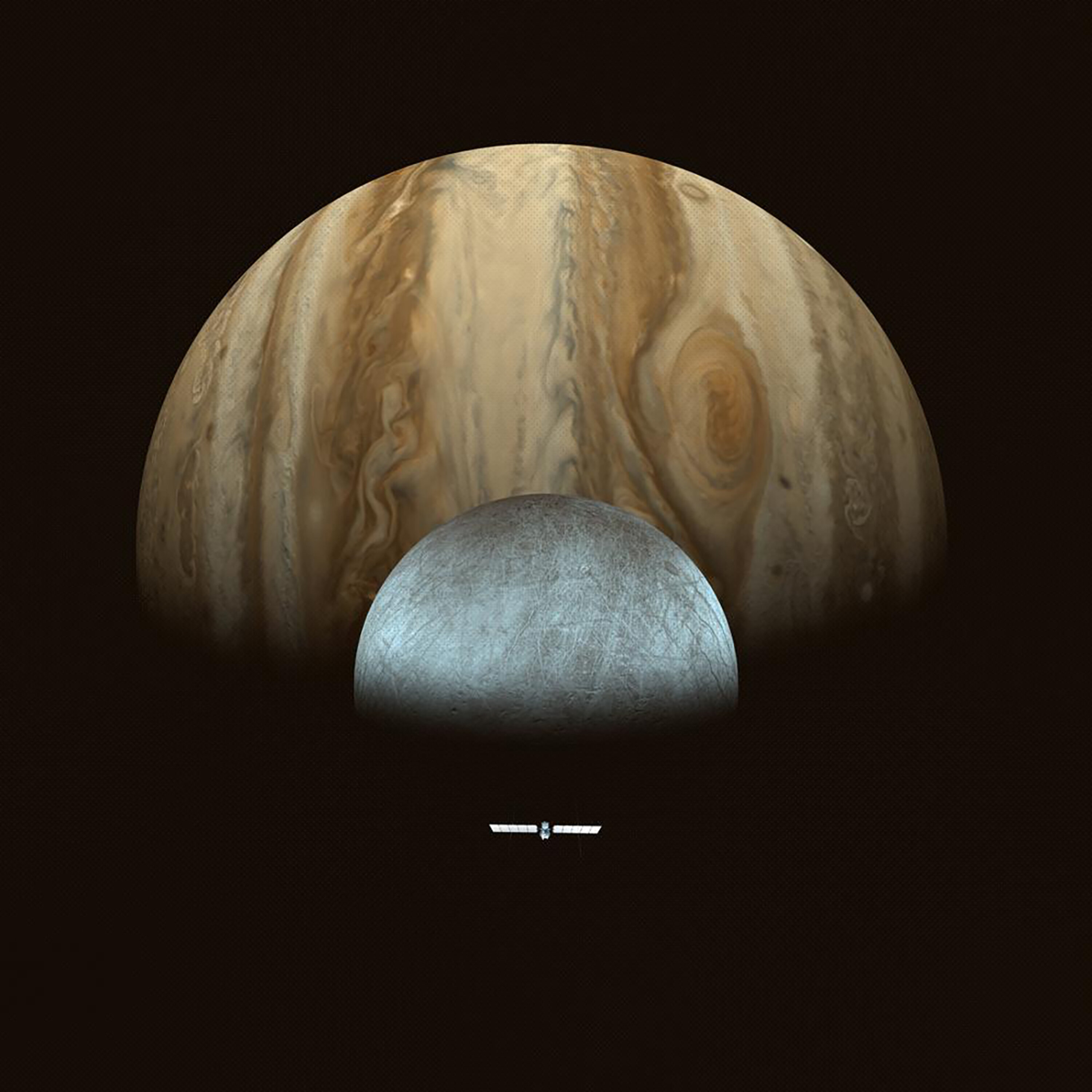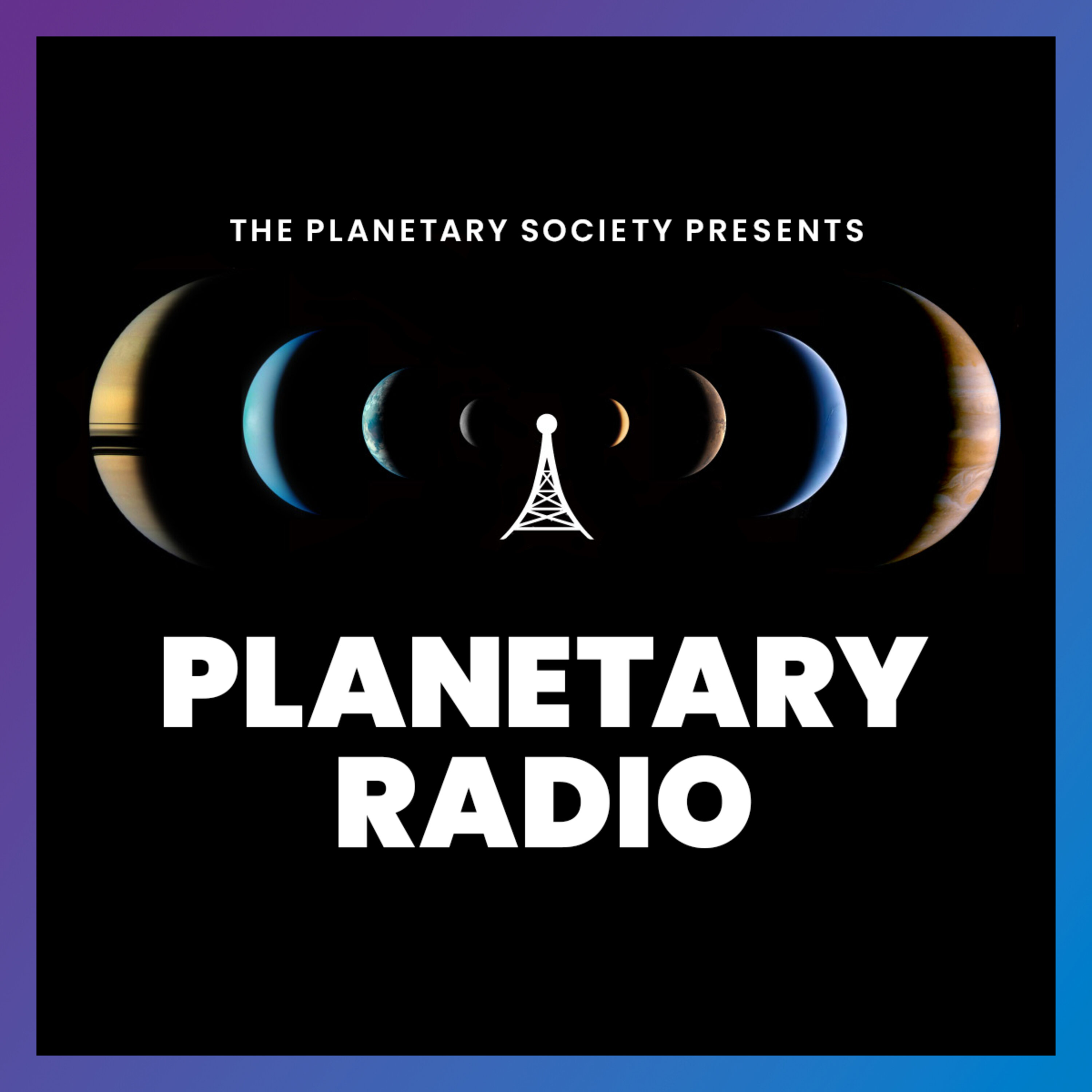
Deep Dive
What were the key achievements of the Europa Clipper mission in 2024?
The Europa Clipper mission launched in October 2024 and is on a six-year journey to Europa. It won multiple awards, including 'Most Exciting Moment in Planetary Science' for its launch and 'Most Exciting Upcoming Planetary Science Mission.' The Planetary Society played a significant role in advocating for the mission, with over 400,000 messages sent to Congress by members.
Why was the total solar eclipse in April 2024 significant?
The total solar eclipse in April 2024 was significant because it was the most viewed total solar eclipse in human history, with an estimated 50 million people witnessing totality and 600 million experiencing a partial eclipse. It occurred during solar maximum, making the prominences and corona particularly spectacular.
What were the major milestones of the Polaris Dawn mission in 2024?
The Polaris Dawn mission, launched on September 10, 2024, achieved several milestones: it reached the highest altitude for humans since Apollo 17, conducted the first commercial spacewalk, tested SpaceX's commercial spacesuits, and demonstrated Starlink's laser-based communications in space. It also gathered crucial data on human health in space, including radiation exposure and decompression sickness.
What were the key findings from the OSIRIS-REx mission in 2024?
In 2024, the OSIRIS-REx mission successfully opened its sample container, revealing carbon and hydrated minerals from asteroid Bennu. These findings support the hypothesis that asteroids may have delivered the building blocks of life to Earth. The mission also discovered serpentine, a mineral suggesting Bennu could have originated from a primitive ocean world.
What were the major accomplishments of China's Chang'e 6 mission in 2024?
China's Chang'e 6 mission successfully returned samples from the far side of the Moon, a first in lunar exploration. The mission included a mini rover that captured images of the main spacecraft and required a communication satellite to maintain contact due to its location on the Moon's far side. This achievement highlights China's growing capabilities in lunar exploration.
What were the key discoveries made by the Curiosity rover on Mars in 2024?
In 2024, the Curiosity rover accidentally discovered pure sulfur on Mars after cracking a rock. This finding, along with other sulfur deposits in Cadiz Valley, has puzzled scientists as they try to understand its origin. The rover continues to explore Mars with its sophisticated suite of instruments, providing valuable insights into the planet's geology.
What were the major developments in planetary defense in 2024?
In 2024, the European Space Agency launched the HERA mission to study the effects of NASA's DART mission on the asteroid Dimorphos. HERA will deploy CubeSats and analyze how DART altered Dimorphos's surface and orbit. Additionally, the NEOWISE mission concluded after discovering over 300 near-Earth objects, paving the way for the NEO Surveyor mission in 2027.
What were the key moments in commercial spaceflight in 2024?
2024 saw significant developments in commercial spaceflight, including SpaceX's successful Starship Super Heavy booster test, where the rocket was caught mid-air by Mechazilla arms. Boeing's Starliner faced challenges, with safety concerns delaying its next launch to 2025. The Polaris Dawn mission also marked a milestone in commercial human spaceflight, reaching the highest altitude since Apollo 17.
What were the major achievements of Japan's SLIM lunar mission in 2024?
Japan's SLIM mission achieved a precision lunar landing on January 19, 2024, making Japan the fifth country to soft-land on the Moon. Despite a thruster failure causing it to tip over, SLIM survived multiple lunar nights and deployed two rovers. The mission demonstrated Japan's advanced space capabilities and set the stage for future lunar exploration.
What were the key highlights of the Parker Solar Probe in 2024?
In 2024, the Parker Solar Probe completed its final Venus gravity assist, passing within 233 miles of Venus's surface. It is set to make its closest approach to the Sun on December 24, 2024, diving through solar plumes and potentially flying through a solar eruption. The probe continues to provide groundbreaking insights into the Sun's corona and solar weather.
Shownotes Transcript
The Planetary Society team reviews the best space moments of 2024, from the China National Space Administration's return of samples from the far side of the Moon to the triumphant launch of NASA's Europa Clipper mission. Kate Howells (Public Education Specialist) shares the winners of The Planetary Society's Best of 2024 awards. Then, Mat Kaplan (Senior Communications Advisor), Ambre Trujillo (Digital Community Manager), and Asa Stahl (Science Editor) team up for a rundown of the year's highlights. We close out 2024 with Bruce Betts, our chief scientist, as he shares his last random space fact of the year. Discover more at: https://www.planetary.org/planetary-radio/2024-looking-back)
See omnystudio.com/listener) for privacy information.
